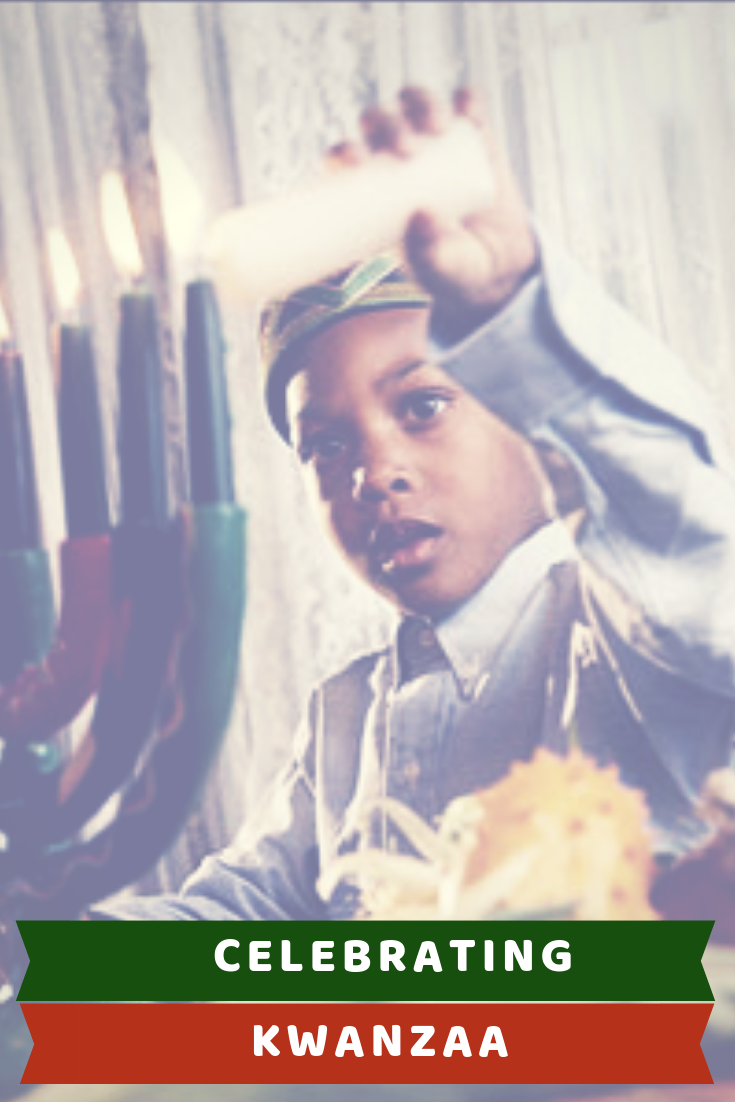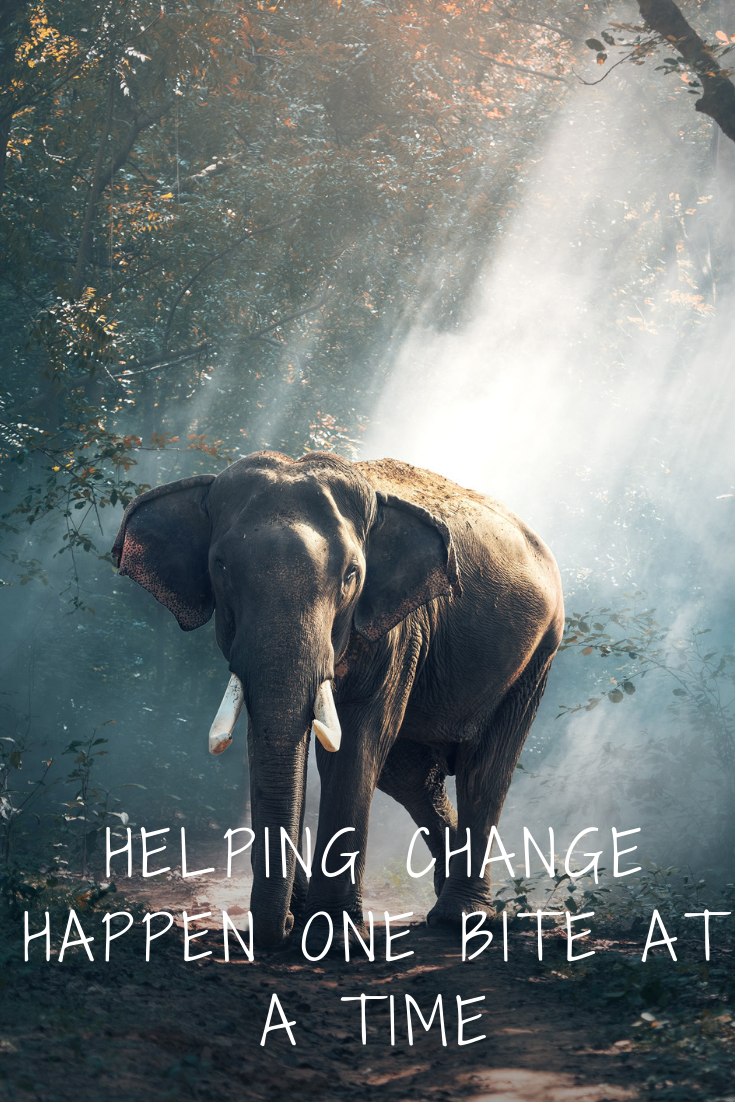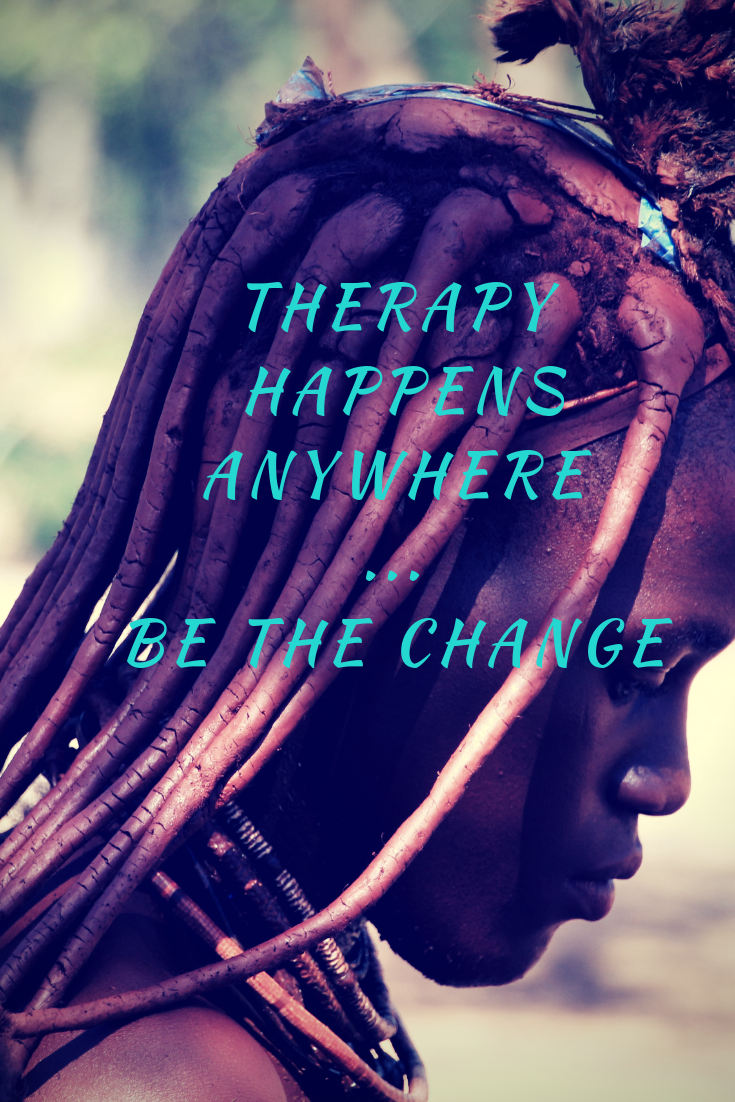
My first encounter with Kwanzaa came during college. Growing up, it wasn’t a part of my family’s traditions, but in the welcoming space of the Paul Robeson Cultural Center, I learned that Kwanzaa is more than a celebration—it’s a lifestyle rooted in mindfulness, self-empowerment, and living with intention.
Kujichagulia: Embracing Self-Determination
Among the seven principles of Kwanzaa, Kujichagulia (self-determination) stood out the most. It taught me that empowerment begins with defining who we are for ourselves—not by society’s labels, but through intentional action. Self-determination is the quiet strength of choosing your path, even in the face of noise, pressure, or doubt.
In college, I saw this principle come alive in peers who built their own businesses, pursued dreams no one understood, and shaped their lives with courage. That example stayed with me.
Celebrating Kwanzaa as a Family Practice
Today, my family and I celebrate Kwanzaa in our own way. The Kinara may not always get lit perfectly, and my kids still mix up Hannukah and Kwanzaa—but that’s part of the learning. What matters is our intention: gathering, sharing, reflecting, and offering handmade gifts and nourishing meals that center love and legacy.
We use this time to pause work, focus on one another, and honor the principles of unity, purpose, creativity, and faith. Kwanzaa reminds us that true wealth lies in our relationships.
Each Day, A Story of Resilience and Purpose
Each day of Kwanzaa invites us into a deeper story—a story of empowerment, healing, and community care. It’s more than an African-American tradition; it’s a blueprint for mindful living in a diverse and complex world.
Kwanzaa offers a framework for all people to reflect on their roots, clarify their values, and live with intentionality. It moves the conversation around diversity beyond symbolic gestures and into real, daily practice.
Raising Emotionally Resilient Children
At its core, Kwanzaa teaches something we hold dear in mental health: all problems are solvable. One of the greatest gifts we can give our children is the belief that they have the power to face challenges and find solutions.
When children learn that their thoughts, feelings, and values matter, they grow into confident, solution-focused adults. We plant these seeds through reflection, storytelling, and showing them what resilience looks like.
A Message for Everyone: Empowerment Is Universal
Recently, at a holiday party where Kwanzaa was unfamiliar to many, I shared what it meant to me—not just as a cultural tradition, but as a guide for anyone feeling stuck or powerless. The message resonated deeply, especially with those searching for change in their personal lives.
Kwanzaa invites all of us to reclaim our agency, honor our heritage, and write new stories grounded in purpose and hope.
Reflecting on Imani: The Power of Faith
As Kwanzaa closes with Imani (faith), it becomes a powerful time for introspection—something we encourage in therapy. We reflect on where we’ve grown, acknowledge where we still need healing, and set intentions for the coming year.
In our practice, we often say: “Helping change happen one day at a time.” The principles of Kwanzaa echo that—change begins with small, consistent steps rooted in faith and community.
Kwanzaa as a Path to Wellness and Connection
Kwanzaa is not just a celebration—it’s a reminder. A reminder to live mindfully, to stay grounded in who we are, and to build lives that reflect our values. Whether you grew up celebrating Kwanzaa or are just learning about it, you’re invited to embrace its spirit.
Let this season be one of reflection, empowerment, and reconnection—with yourself, your roots, and those you love.
Nurture Your Wellness Inside and Out
As you lean into intention and empowerment, support your body and mind with our wellness offerings. Visit The Holistic Store to explore supplements and tools that help you feel your best—making emotional connection and mindful living just a little more accessible.

